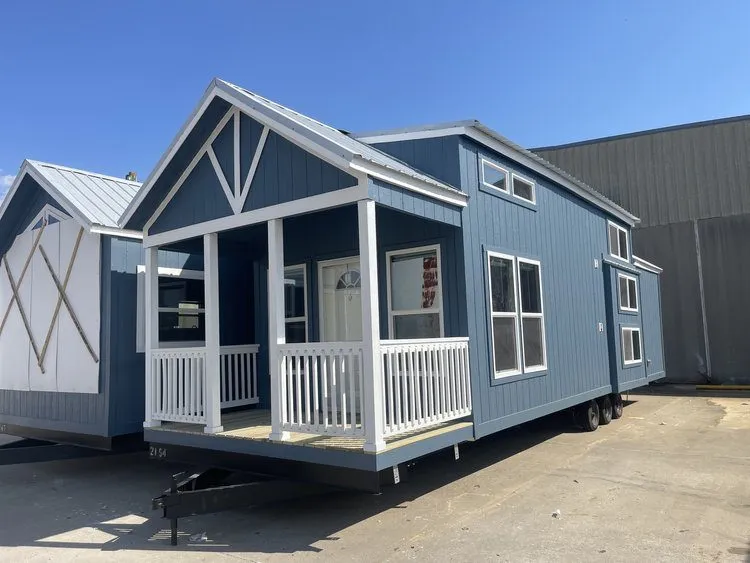Turning your compassion into a successful home business is an incredibly rewarding path. For entrepreneurs in Texas, starting a nonmedical home care business represents a fantastic opportunity to meet the growing demand for in-home senior services while building a meaningful enterprise. This guide will walk you through the essential steps to launch your own nonmedical home care business and establish a reputable home business in the Lone Star State.
Understanding the Non-Medical Home Care Model
A nonmedical home care business focuses on providing essential companion and personal care services that allow seniors and individuals with disabilities to live safely and comfortably in their own homes. Unlike medical home health care, these services do not require a medical license. Key services include assistance with activities of daily living (ADLs), such as bathing, dressing, meal preparation, medication reminders, light housekeeping, and transportation. This model is perfect for a service-oriented home business that makes a direct impact on the community.
Step 1: Research and Develop Your Business Plan

Every successful home business begins with a solid foundation. Before diving in, you must conduct thorough market research. Identify the specific needs in your target Texas city or county. Analyze your competition and determine what makes your future nonmedical home care business s unique. This research will feed directly into your business plan, which is crucial for securing financing and guiding your growth. Your plan should outline your services, pricing, marketing strategy, financial projections, and operational structure. A well-crafted plan is the blueprint for your home business success.
Step 2: Legal Formation and State Registration
To operate legally in Texas, your nonmedical-home-care-business must be properly registered. First, choose a business structure, such as a Limited Liability Company (LLC), which is highly recommended as it protects your personal assets from business debts. Next, you must register your nonmedical home care business with the Texas Health and Human Services Commission (HHSC). While non-medical agencies are not licensed in the same way as medical ones, they must enroll as a “Home and Community Support Services Agency (HCSSA)” to provide non-skilled care and, importantly, to be eligible for reimbursement from Medicaid waiver programs like the Community Attendant Services (CAS) program.
Step 3: Calculate Your Startup Costs
Understanding the financial investment is key to launching a sustainable home business. The cost to start a nonmedical home care business in Texas can vary widely, typically ranging from $15,000 to over $50,000. Major expenses include:
- State Registration and Fees: HHSC application and licensing fees.
- Legal and Professional Fees: For forming your LLC and potentially consulting services.
- Insurance: General liability, professional liability, and workers’ compensation insurance are non-negotiable.
- Office Setup: Even if you start as a home-based home business, you’ll need a computer, software, and office supplies.
- Caregiver Recruitment & Training: Costs for background checks, training programs, and initial payroll.
- Marketing & Branding: Website development, business cards, and initial advertising campaigns.
Step 4: Develop Operational Policies and Caregiver Training

The quality of your caregivers will define your nonmedical-home-care-business. Develop clear, comprehensive policies and procedures for all aspects of operation, including client intake, care plans, and caregiver management. Invest in a robust training program for your caregivers, even beyond state requirements. Training in areas like dementia care, communication, and emergency procedures will set your home business apart and ensure you provide exceptional service. Using a reliable home care software can streamline scheduling, billing, and communication, making your home business more efficient from day one.
Step 5: Craft a Marketing Strategy to Attract Clients
A great nonmedical home care business needs visibility to grow. Your marketing strategy should build trust and awareness within your local community. Build a professional website that clearly explains your services and showcases testimonials. Network with hospital discharge planners, senior center directors, and financial advisors who can refer clients to your home business. Utilize online marketing like Google My Business and social media to connect with families who are searching for “nonmedical home care near me.” Remember, a strong reputation is the best marketing tool for any home business.
Frequently Asked Questions (FAQs)
Q1: What is the difference between non-medical home care and home health care?
A: A nonmedical home care business provides assistance with daily living activities (custodial care) and does not require a medical license. Home health care provides skilled medical services, like nursing or physical therapy, prescribed by a doctor and is licensed by the state.
Q2: Do I need a license to start a non-medical home care business in Texas?
A: While you don’t need the same license as a medical agency, you must register with the Texas HHSC as a Home and Community Support Services Agency (HCSSA) if you wish to accept Medicaid payments or present your services as a licensed entity. Operating without this registration limits your business opportunities.
Q3: Can I run this business from my home?
A: Absolutely. Many entrepreneurs successfully launch their nonmedical home care business as a home-based operation to keep overhead costs low, especially in the beginning. This makes it an ideal type of home business.
Q4: How much can I charge for non-medical home care services?
A: Rates in Texas vary by region but typically range from $20 to $30 per hour. Rates are generally higher in metropolitan areas like Dallas, Houston, and Austin. You will need to research your local market to set competitive prices.
Q5: How do I find and hire qualified caregivers?
A: Use online job boards, local community colleges, and word-of-mouth. The most important steps are conducting thorough background checks, verifying references, and providing comprehensive training to ensure they represent your home business professionally.
Q6: What insurance do I need?
A: At a minimum, you need General Liability Insurance, Professional Liability (Errors & Omissions) Insurance, and Workers’ Compensation Insurance to protect your nonmedical home care business , your employees, and your clients.
Q7: How long does it take to become profitable?
A: Profitability can take 6 to 18 months, depending on your marketing effectiveness, startup capital, and how quickly you can build a full client roster. A well-managed home business in this field has strong potential for steady growth.










